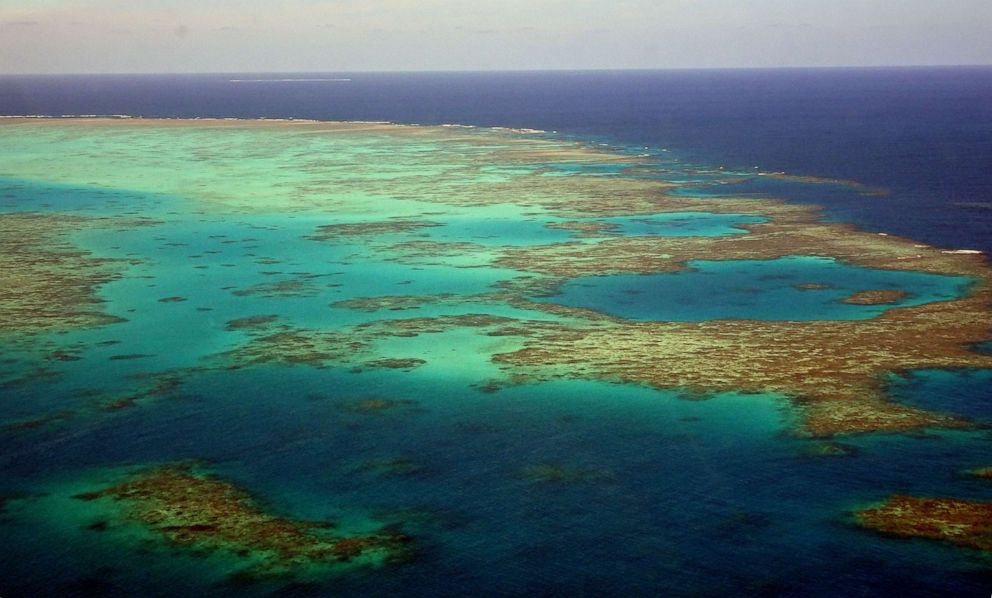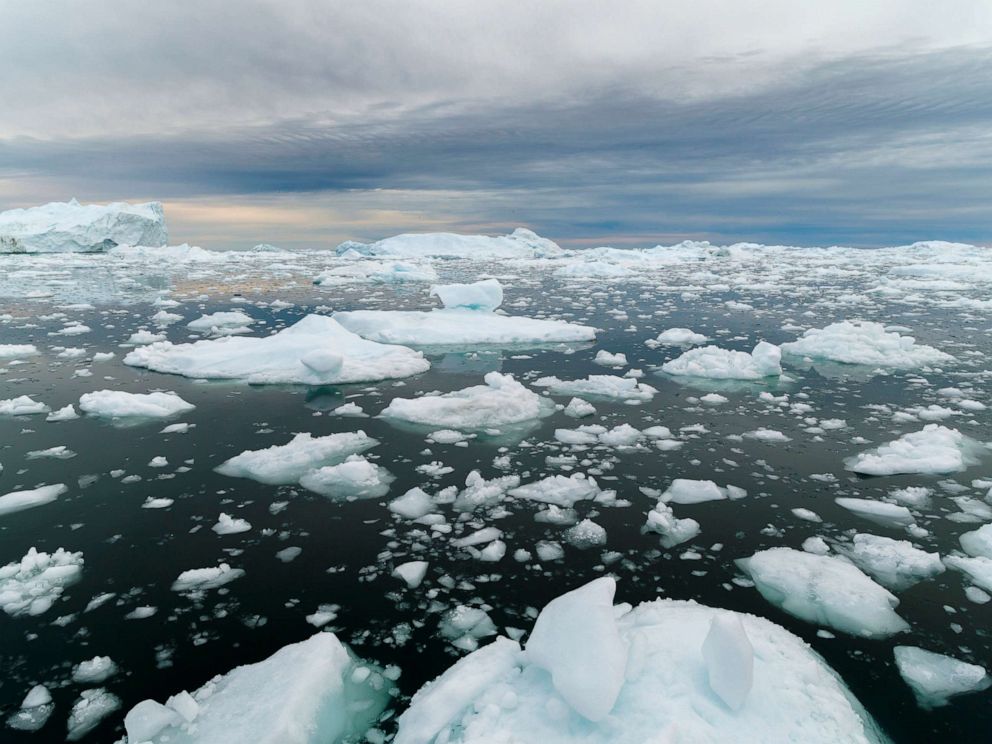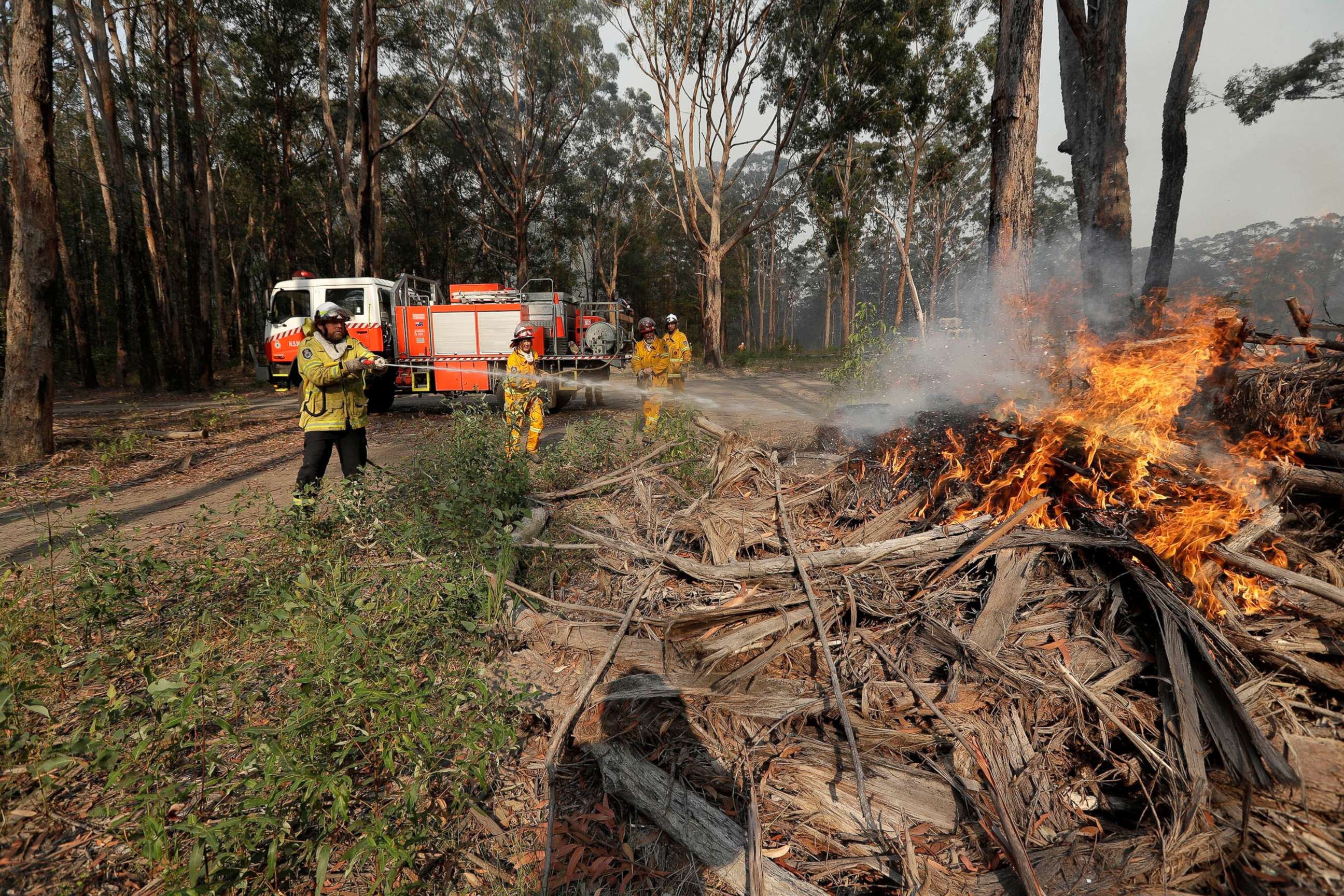Human impact on biodiversity loss may fuel future pandemics
Encroachment on plant and animal life by man is fueling diseases.
As the war against COVID-19 brings entire countries to a screeching halt, the planet is beginning to see a glimpse into a world without the damaging effects of daily human impact. And that glimpse is startling.
With fewer planes in the sky, cars on the roads and foot traffic across our cities, air quality is improving dramatically around the world -- in some places by as much as half in just the first week of lockdown. It's a visual reminder of the toll humans take on this planet.
David Quammen, author of "Spillover: Animal Infections and the Next Human Pandemic," wrote about the likelihood of a coronavirus starting in an animal and spreading around the world. Quammen told ABC News things like urban sprawl, pesticides and international trade have altered ecosystems and crushed biodiversity -- and in the process, viruses are often let loose.
"The choices we’re making in terms of what we eat, what we wear, where we travel, the types on consumer goods -- including consumer electronics that we buy -- how many children we have -- all of those things are putting pressure on the natural world and when we do that we bring wild animals closer to us," he said.

Before the world all but stopped, humans had spent decades altering ecosystems on a scale like never seen before in modern times. With this loss of environment came another significant toll -- the loss of animals and plants.
Up to 1 million species of plants and animals are at risk of extinction and a staggering 40% of insects are under threat, according to the World Wildlife Fund.
According to a 2017 study by the Proceedings of the National Academy of Sciences, this "biological annihilation" represents a "frightening assault on the foundations of human civilization." It shows as much as 50% of animals that once shared the Earth with us, along with billions of other populations, are already gone.
Many leading scientists, like Quammen, directly link biodiversity loss to the spread of infectious diseases.
Ebola, SARS, bird flu and now COVID-19 are all believed to have started as pathogens crossing from animals to humans. The Centers for Disease Control and Prevention estimates that about three-quarters of new human diseases originate in animals.
"Another spillover -- more spillovers -- of viruses from wild animals into humans are inevitable as long as we keep doing what we’re doing ... multiplying and consuming and pushing against the rest of the world of nature," Quammen said.

Many experts say that push is now edging the planet to the brink with entire ecosystems changing on a massive scale within our lifetimes. A staggering 20% of the ice on Eagle Island, on the Antarctic Peninsula, melted in just one week this February during an unprecedented heat wave, according to research from NASA's Earth Observatory. Over the last 30 years roughly half of the world’s coral reefs have been lost, according to a Catlin Seaview Survey. And rainforests that once covered over 14% of land of earth have now dwindled to just 6%, according to National Geographic.
Rebecca Shaw, chief scientist at the World Wildlife Fund, said the results are catastrophic.
"There’s only 8 million known species on Earth … so if we’re going to cause extinction of 1 million of them that is a really significant impact on plant and animal life on the planet," she told ABC News.

Although extinction is nothing new, it is the rate at which entire species are dying off that is alarming scientists. The most recent estimates from the journal Science put the current extinction rate at more than 1,000 times higher than the normal background rate of extinction.
In the last 500 million years, the planet has seen five catastrophic extinction events. But scientists say today's so called "sixth mass extinction" is different because it’s being caused by us.
"When you get rates of extinction that high, you begin to get into a mass extinction," Shaw said. "We haven’t seen this in the history of keeping records."




